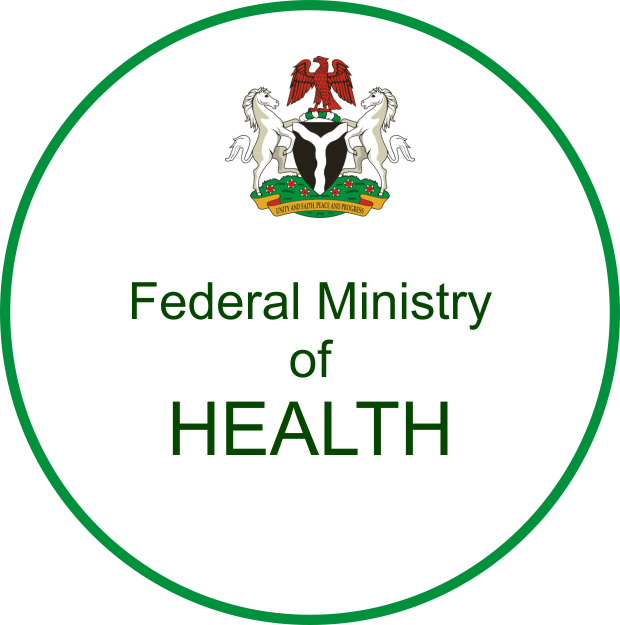October 31, 2024 – Nigeria’s Health Sector Prepares for Climate-Induced Threats
The Federal Ministry of Health has released its inaugural Vulnerability and Adaptation Assessment, underscoring the profound impact of climate change on Nigeria’s health sector. Completed between January and July 2024 with support from the UK’s Foreign, Commonwealth, and Development Office (FCDO), the assessment predicts a staggering 21% increase in the national disease burden, with northern regions facing particularly acute risks.
Godwin Brooks, Director of Climate Change and Health at the Federal Ministry of Health and Social Welfare, emphasized the urgency in an interview with the News Agency of Nigeria (NAN) on Wednesday in Abuja, stating that “climate change is set to heighten health risks across all regions of Nigeria.” He warned that northern states like Kebbi, Zamfara, and Yobe are exceptionally vulnerable to climate-induced health issues, though southern regions are also confronting escalating challenges.
The findings forecast dire outcomes, including a potential doubling of heat-related deaths by 2080, with projected temperature increases of up to 3°C. Such changes are expected to aggravate conditions for vector-borne diseases, while rising rainfall levels heighten risks of waterborne diseases. Brooks highlighted an expected surge in childhood diarrheal deaths, projected to contribute to nearly 10% of fatalities among children under 15.
Coastal areas face intensified flooding threats due to sea level rise, jeopardizing the lives and livelihoods of hundreds of thousands. Brooks noted, “This exposure is likely to alter the spread of infectious diseases, impacting health systems across the nation.” The Vulnerability and Adaptation Assessment findings are already shaping Nigeria’s first Health National Adaptation Plan (HNAP), which will inform efforts to strengthen health resilience and response capacity against the escalating climate-related health risks.
Brooks called for prompt government intervention and stressed the role of community-led adaptation measures in high-risk regions. “Nigeria’s health system must adapt to a ‘new normal,’ where climate change continuously shapes the health landscape,” he added, urging heightened awareness and preparedness.
The assessment highlights key health threats linked to climate change, including meningitis, respiratory and cardiovascular diseases, malaria, high blood pressure, and skin cancer. It identifies women, children, and rural populations as particularly vulnerable, urging immediate steps to increase awareness and build capacity to manage these evolving risks.
This report contributes to the growing body of evidence indicating that climate change presents an urgent public health challenge for Nigeria, one requiring robust, inclusive, and community-focused action.





